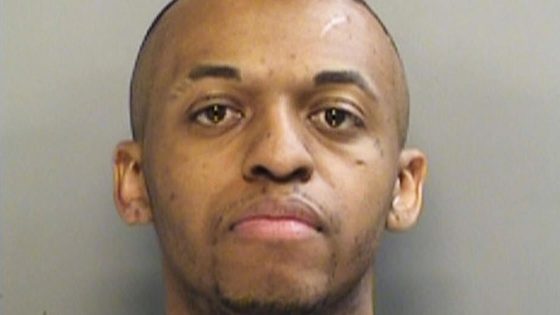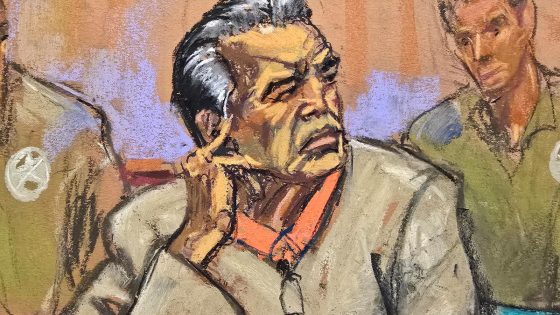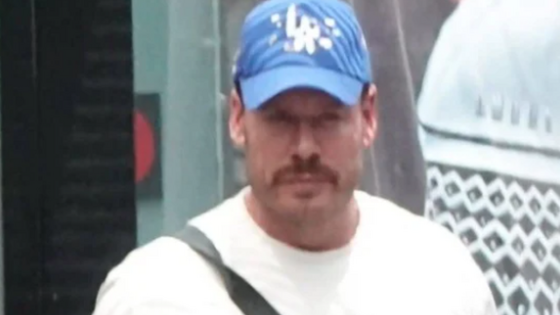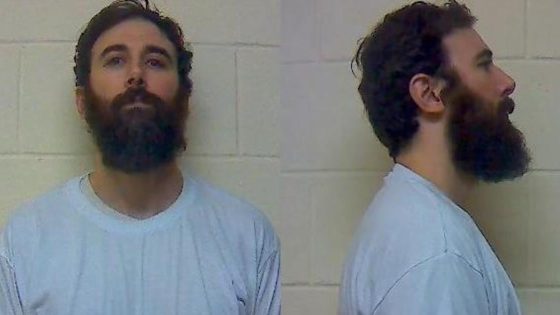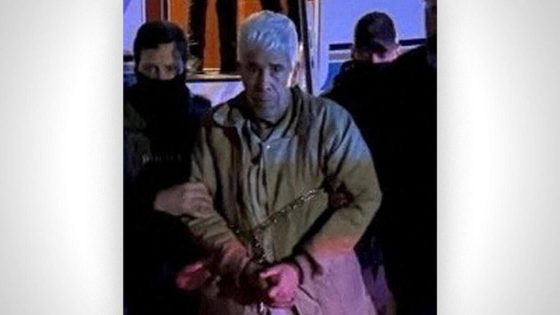In a chilling episode that echoes the darkest corners of justice, the state of Texas witnessed the execution of 37-year-old Steven Lawayne Nelson on the evening of February 5, 2025. Convicted in 2012 for the brutal murder of Clint Dobson, a respected pastor of NorthPointe Baptist Church in Arlington, Nelson’s sentence has been the culmination of nearly a decade of legal battles, community mourning, and a grim search for accountability.
- Texas inmate executed for 2011 pastor murder
- Steven Lawayne Nelson sentenced to death in 2012
- Pastor Clint Dobson died from brutal attack
- Execution conducted by Texas Department of Criminal Justice
- Appeals for execution stay were denied
- Nelson's fingerprint evidence linked him to crime
On that fateful day in March 2011, Dobson was discovered bound and suffocated in his church, the site of a crime that left a shroud of fear over the community. Witness accounts recount how a friend of another church employee triggered the police investigation when she found a locked door and called for help. Upon their arrival, authorities soon learned that Nelson, having fled the scene, was holed up in an apartment complex less than a mile away. A brief standoff ensued, culminating in his arrest. Investigators later uncovered that Dobson had suffered from blunt force trauma and suffocation—a horrific end for someone who served as a pillar of hope and guidance in the community.
“After years of legal battles, Steven Nelson was punished for his heinous crimes, and justice has finally been served,” remarked Texas Attorney General Ken Paxton after the execution. He expressed sympathy for Dobson’s family and highlighted the sordid nature of the crimes committed against other victims. This case not only spotlighted a callous act of violence but also became a grim reminder of the criminal justice system’s often tortuous path through appeals and legal posturing.
As the investigation progressed, it became clear that robbery was the likely motive behind the pastor’s murder. Evidence—the fingerprints of Nelson, items reported missing from the church, and surveillance footage—betrayed a calculated crime rather than a random act of violence. Nelson admitted to planning the attack with accomplices, describing it in court as a way to “hit a lick” on unsuspecting victims.
Despite the overwhelming evidence against him, including blood from Dobson found on Nelson’s sneakers and the incriminating details of his alibi, his defense team attempted to argue the case for a life sentence rather than death. They claimed inadequate legal representation during the trial, arguing that defense attorneys failed to challenge the credibility of co-defendants effectively and did not present mitigating evidence regarding Nelson’s difficult upbringing.
However, jurors were unconvinced, opting instead for the death penalty, citing the horrific nature of the crime. Over the years, Nelson’s appeals for clemency were denied by various courts, consistently reaffirming the jury’s decision. His final statements before execution were filled with a disquieting mix of affection and resignation, stating, “I will always love you no matter… I’m thankful and grateful… But I’m at peace, I’m ready to be at home.”
As of now, Texas has seen its first execution of the year 2025, with three more planned for the following months. The legal saga surrounding Steven Nelson has expired, yet it resonates with broader issues regarding capital punishment and its moral implications—discussions that remain fervent and complex in the American judicial landscape.
The community, still recovering from the shock of Dobson’s murder, grapples with mixed emotions: relief in the execution of justice, yet sorrow over the loss of a revered pastor—a man who devoted his life to service, now forever remembered as a victim of a senseless crime. As Texas walks this difficult line between justice served and a community’s grief, further legal and moral questions linger, echoing in the hearts of those left behind.



